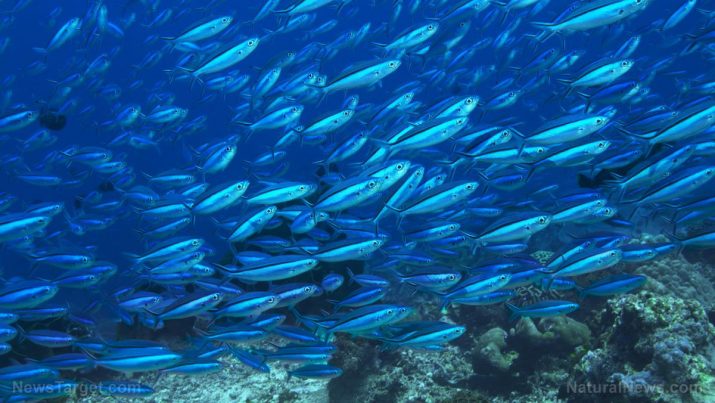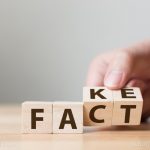
One MORE way humans harm marine ecosystems: Noise
Monday, December 25, 2017 by Ralph Flores
http://www.realsciencenews.com/2017-12-25-one-more-way-humans-harm-marine-ecosystems-noise.html

Neighbors can be great people: some of your closest friends can be living right next to you, and you’re thinking about how awesome they are right now. Then, there are those who drive you up the wall — people who can be so loud and rowdy that you’re left to manage the best way you can.
Then there’s the matter of us, humans, and our neighbors. We’d like to think we’re the former, but according to the study made by the Naval Undersea Warfare Center, we’re pretty much the latter — with the noise that we make affecting marine wildlife around us. (Related: Our Noise could be Killing Our Marine Life.)
This result adds more to the list of anthropogenically induced stressors (simply put, things people do that cause stress) that marine life deal with aside from trying to survive and getting ahead of the competition.
People like living near the coast: about 40 percent of the world’s population to be exact, according to a UN report. Additionally, living near it is good for you. A study conducted by the European Centre for Environment & Human Health, Peninsula College of Medicine and Dentistry, and the University of Exeter stated that people living near the coast reportedly have better health than those who lived inland.
However, this upswing in human development in the world’s coastlines has created increased levels of underwater noise. The research authors opine that this presents challenges not only in how we manage it but also how it directly affects marine wildlife, especially in invertebrates who live along the coast — including commercially harvested ones. According to Jason Krumholtz, a co-author of the study, “All testing and training conducted by the Navy undergoes rigorous environmental review assessing the potential for negative impact on biota from things such as vessel noise and SONAR use, but the impact of these activities on invertebrates is not well studied.”
To test this theory, the study used a standing wave tube to demonstrate the effects of underwater noise in crustaceans. A standing wave tube is a machine that “creates a uniform sound field” underwater. Two species, blue crabs and American lobsters, were subjected to frequencies that mimic boat noises (low frequency) and sonar noises (medium frequency) for seven days to test the effects of the sound on their behavior and physiology.
The results showed that both species were affected by the noise that was created by the wave tube machine. While they can’t physically ‘hear’ the mid-frequency signal of the sonar, noticeable changes in behavior were recorded: samples which were exposed to the frequencies were increasingly aggressive and exhibited a loss of appetite compared to those who weren’t.
Researchers hope the results could be used to create awareness in activities done in coastal areas, particularly naval activities. Additionally, the study also hopes to lend itself to even more prevalent coastline activities such as commercial fishing and maritime shipping — even in infrastructure development.
Previous studies have already explored the relationship between anthropogenically induced sound and marine wildlife. A separate study from researchers at the University of Bordeaux revealed that oysters react to low-frequency sound by rapidly closing their shells. This was discovered after the oysters reacted to frequencies between 10 and 1000 hertz. Sounds from this range would include anything from natural sounds, like waves and currents, to man-made noise such as shipping, explosions, pile driving, and wind turbines. Interestingly, sounds made by recreational boats and jet skis are registered higher than 1000 hertz and are not “heard” by oysters.
Don’t be a noisy neighbor and read more about how noise pollution not only affects marine life by heading over to Scientific.news today.
Sources include:
ASA2017Fall.abstractcentral.com
UN.org [PDF]
Tagged Under: Tags: anthropogenic, goodscience, marine ecosystem, marine ecosystems, marine life, noise, noise pollution, ocean noise, underwater noise





